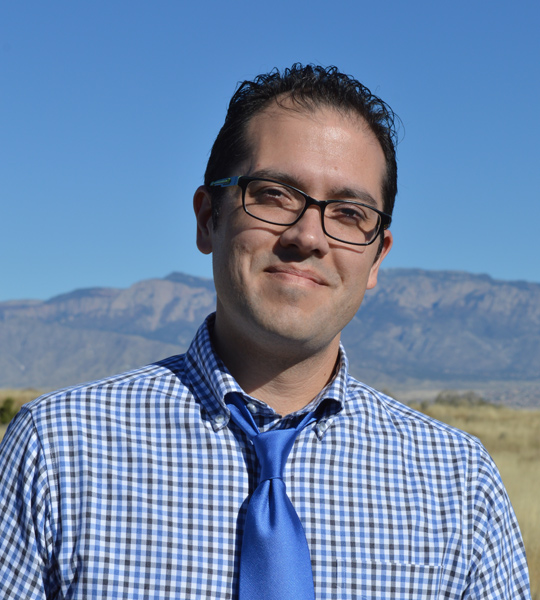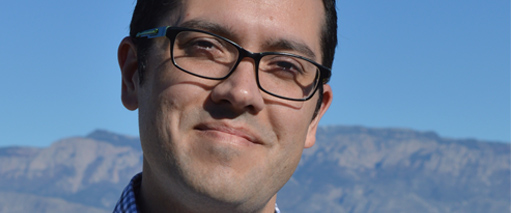Culture Shock: Embrace Your Inner Indigenerd
The First Ever Indigenous Comic Con


Latest Article|September 3, 2020|Free
::Making Grown Men Cry Since 1992




